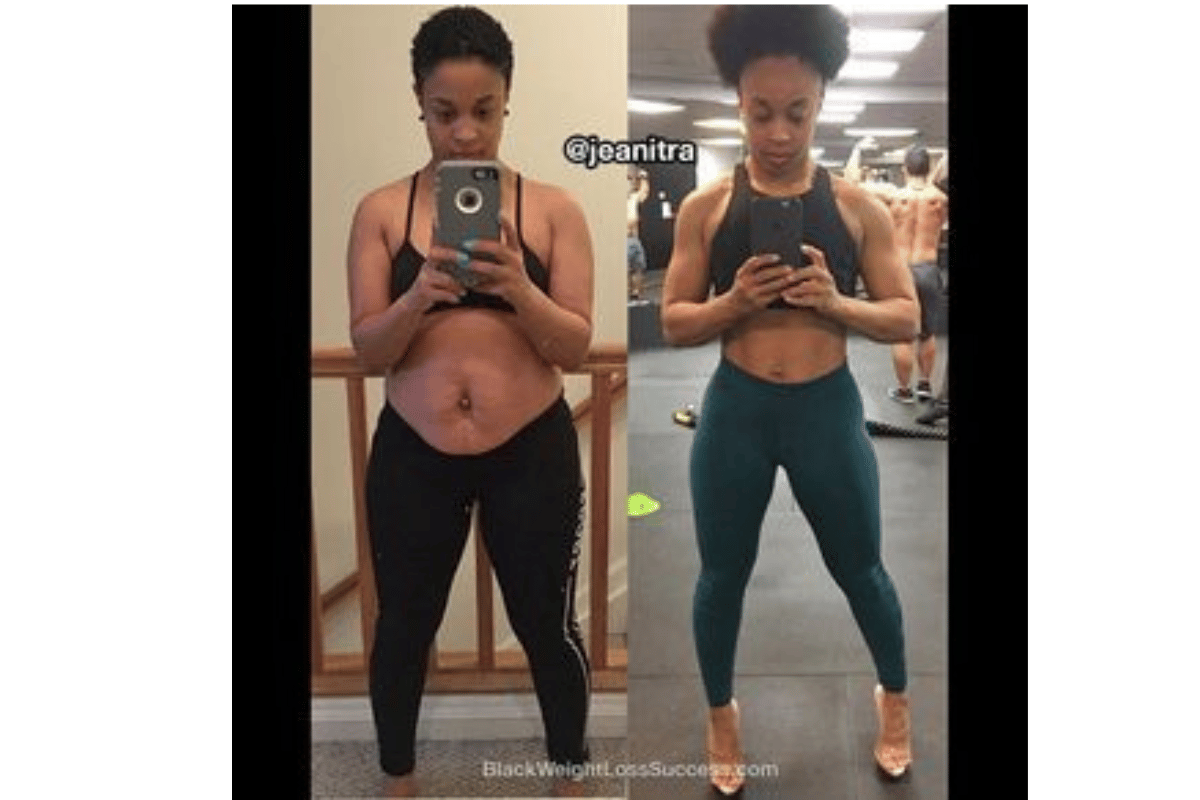In this article, I’ll share with you a well thought-out, 7-day protein diet plan which will help you lose weight fast.
protein diet plan for weight loss in 7 days
A protein diet plan for weight loss in 7 days is a great way to lose weight and get fit. It’s also one of the most effective diets you can use, so it’s worth taking the time to get it right!
Here are some of the most common mistakes people make when trying to follow a protein diet plan for weight loss in 7 days:
Not eating enough calories. Eating too few calories can lead to malnutrition and even starvation, while eating more than your body needs can cause your metabolism to slow down and your body to store fat. Eating too few calories also makes it harder for the body to burn off fat stores and use them for energy.
Eating too much protein. Too much protein can cause muscle breakdown, which will slow down muscle growth and force your body into storing more fat than it otherwise would have.
Most people on a low-carbohydrate diet gain weight.
There are several reasons for this. The first is that you are not preventing the intake of carbohydrates, which is what causes most people to gain weight.
The second reason is that your body will begin to store carbohydrates as fat, which it does when insulin levels are too high. This is because when we eat carbs, our bodies produce insulin to break them down into glucose for energy and use them for energy (the process of converting sugar into energy).
When our insulin levels become too high, the body begins to store excess glucose as fat in the form of triglycerides (one type of fat), which can be stored under our skin as adipose tissue. This is called being “fat-adapted”. When you go on a low-carbohydrate diet, your body becomes fat-adapted and begins to store excess carbohydrate as fat instead of using it for energy (the process of converting sugar into energy).

protein diet plan for weight loss in 7 days
A good diet plan is the key to weight loss.
There are several important factors that go into a solid diet plan, including the types of food you eat and how much of them you consume at each meal.
A protein-rich diet plan can help you achieve your ideal weight faster than any other diet. This type of plan is also very easy to follow, as all you need to do is make sure you have enough protein in your daily diet.
The best part about this type of eating plan? You don’t have to give up any favorite foods! You can still enjoy foods like chicken breast, steak and eggs on a 7-day protein diet plan for weight loss.
But it’s not just about what you eat and when; it’s also about what you don’t eat. For example, protein is one of your body’s most important nutrients for muscle growth and repair.
But if you eat more protein than you need to maintain muscle mass, the excess will be stored as fat. This can happen if your diet is too high in calories from any source — even protein! If you’re trying to lose weight, then your body will convert all that additional protein into fat.
Fortunately, there are ways to avoid this problem by using a 7-Day Protein Diet Plan.
Protein is an important macronutrient for weight loss.
In fact, the majority of your body’s energy comes from protein. If you’re not getting enough protein in your diet, it’s possible that your body will start to break down muscle tissue. This is a common mistake that many people make when they try to lose weight by restricting calories or carbs.
What’s more, most of your muscles are made up of long chains of amino acids (the building blocks of protein). When you restrict calories or carbs, your muscles need more fuel for exercise and recovery — which means they’ll start breaking down their own muscles for energy. This can lead to negative side effects such as fatigue, low energy levels and muscle soreness.
Adding fat helps, but not too much.
The key to getting the most out of your protein diet is to eat enough of it. You should aim for 2-3 servings of protein with each meal and snack, and make sure that at least one of them includes a healthy fat source such as nuts or cheese. But don’t overdo it — if you’re eating a lot more than this, your body will start storing all that extra protein as fat instead of using it for energy.
Also, when you’re counting your calories, try not to go overboard on the fats — they tend to add up quickly.
Avoiding simple carbs like bread and pasta will help you lose weight.
The 7-Day Protein Diet Plan for Weight Loss is a very simple and easy diet plan to follow. The meal plan is designed as a complete meal plan that can be followed by anyone at any time of the day.
The diet plan is designed to help you lose weight in the easiest way possible by avoiding simple carbs like bread and pasta. The majority of foods on this diet plan are high in protein, so they will help you gain muscle bulk while losing fat.
In order to lose weight, you need to make sure you eat enough calories each day. This means that if you have a busy schedule, then it might take longer for you to eat all your meals than someone who has less responsibilities in life. So if you’re looking for a quick and easy way to lose weight, then this 7-Day Protein Diet Plan for Weight Loss could be just what you’re looking for!
Identify your carb cravings.
Carbs are your body’s primary fuel source, so if you’re having cravings for carbs, you may be consuming them in place of lean protein. This is another reason why it’s so important to eat a diversity of foods for weight loss. If you have a hard time eating certain foods or having certain flavors, there’s no shame in that. It just means that the food and flavor combination might not be ideal for you — or it may not be worth the calories or fat content.
One way to beat carb cravings is by making sure they don’t sneak up on you while you’re trying to lose weight. If you find yourself craving bread or pasta, try replacing them with vegetables instead: Broccoli and cauliflower are both low-carb vegetables that provide fiber, potassium and vitamin C. You could also add beans to your diet (try black beans) or swap out potatoes for sweet potatoes (one cup of mashed sweet potatoes contains only 83 calories!).
Eat protein, fat, and vegetables all day long.
The trick to losing weight is to eat a lot of protein and fat, but you should also make sure to eat a lot of vegetables and fruits. A diet high in protein and fat will help you lose weight. But if you don’t eat enough vegetables, you could end up gaining weight instead.
You should also try to get all the nutrients your body needs from food. Eating just one type of food means that your body won’t get enough vitamins, minerals or other nutrients it needs. If you’re on a diet and miss out on certain food groups, you could end up feeling tired or irritable, which can be very dangerous for your health.
Keep a food journal to help you stay on track with your personal nutrition plan.
If you’re trying to lose weight, maintaining a healthy diet is crucial. But it’s hard to keep up when you have to eat foods that taste good and are healthy at the same time.
A 7-day protein diet plan can help you lose weight by curbing your appetite and keeping you full for longer periods of time. It’s also a great way to get in some extra protein without feeling too much hunger or cravings for junk food.
To help you stay on track with your nutrition plan, here are a few dangerous mistakes to avoid when following a 7-day protein diet plan:
A good diet plan can help you lose weight
A good diet plan can help you lose weight, but it’s not just about what you eat. It’s also important to understand the basics of nutrition and its impact on your body.
A lot of people don’t realize that there are more than just calories in food and how they can affect your weight loss. You also need to consider protein and carb intake, as well as other nutrients like vitamins and minerals.
The best way to get all of these nutrients is through proper diet planning. That’s why we’ve created this 7-day protein diet plan for weight loss!
There are many reasons why diets fail and people regain their weight. One reason is that the dieter doesn’t stick to the plan, which is why it’s important to create a meal plan that works for your lifestyle. There are also some common mistakes that people make when trying to lose weight, which I’ve listed below.
Losing weight quickly can be an exciting endeavor, but without the right guidance it can also be dangerous. With that in mind, we spoke with experts to get their insights on the risky mistakes one should keep in mind when embarking on a 7-day protein diet plan for weight loss.
Begin by avoiding overexercising – exercising too often or too intensely will take its toll on your body and compromise recovery time; instead, focus on doing regular, light exercise such as yoga or brisk walking for optimal results. Additionally, watch out for hidden sugars in your food – these can easily add up and undermine your efforts if not kept track of properly.
Also, look out for accidentally depriving yourself of essential vitamins and minerals – an oftentimes overlooked component of any healthy diet plan: make sure you’re getting enough vitamins A, B complex and D3 from good sources like oily fish or dark leafy greens. Additionally, avoid over-consumption of dairy products as this can lead to bloating and discomfort; instead opt for other protein sources such as eggs or fish when possible. Finally, watch out for dehydration – while drinking water throughout the day is important, taking sufficient breaks between meals is also critical to succeeding at any fast weight loss diet plan. With these tips in mind understanding which pitfalls to avoid has never been easier!
Conclusion
If you’re looking for a way to get in shape and lose weight, a 7-day protein diet plan may be the best choice for you.
This diet plan is very effective, but it’s not easy unless you know what to do and what not to do.
If you follow the right steps, then this 7-day protein diet plan is a great way to lose weight and get in shape.


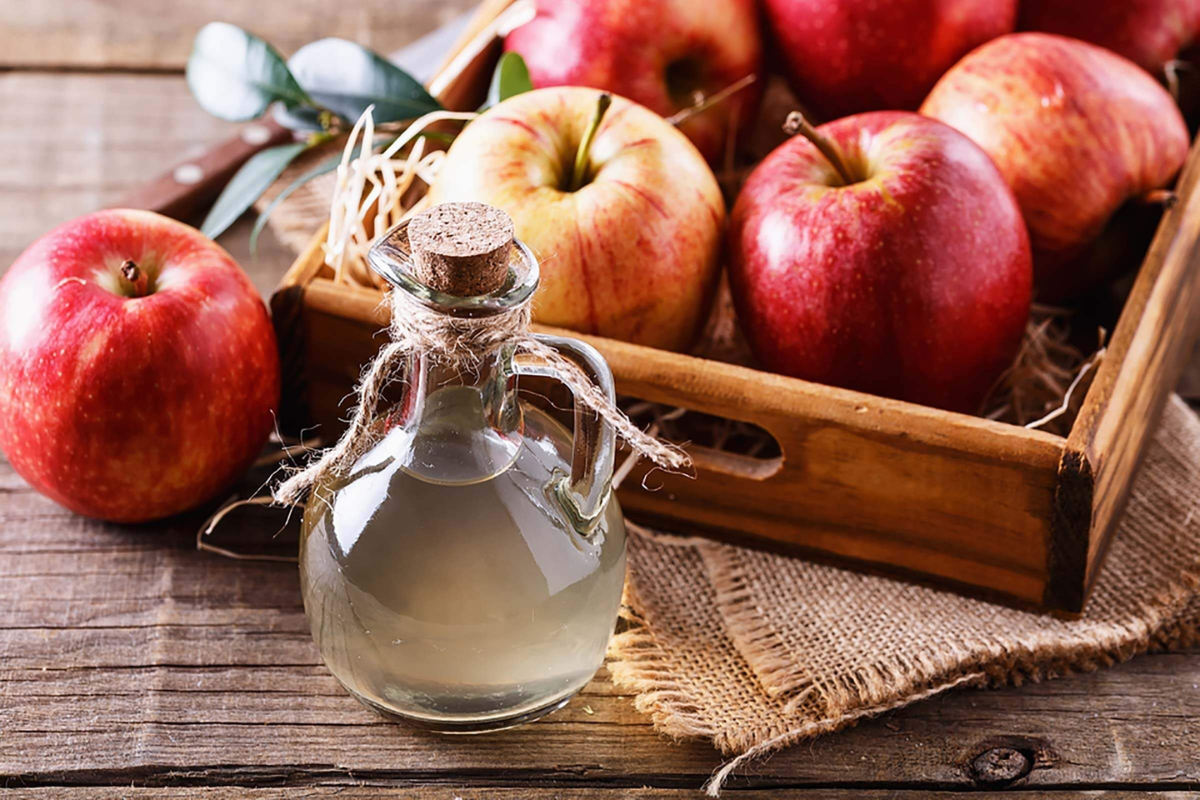

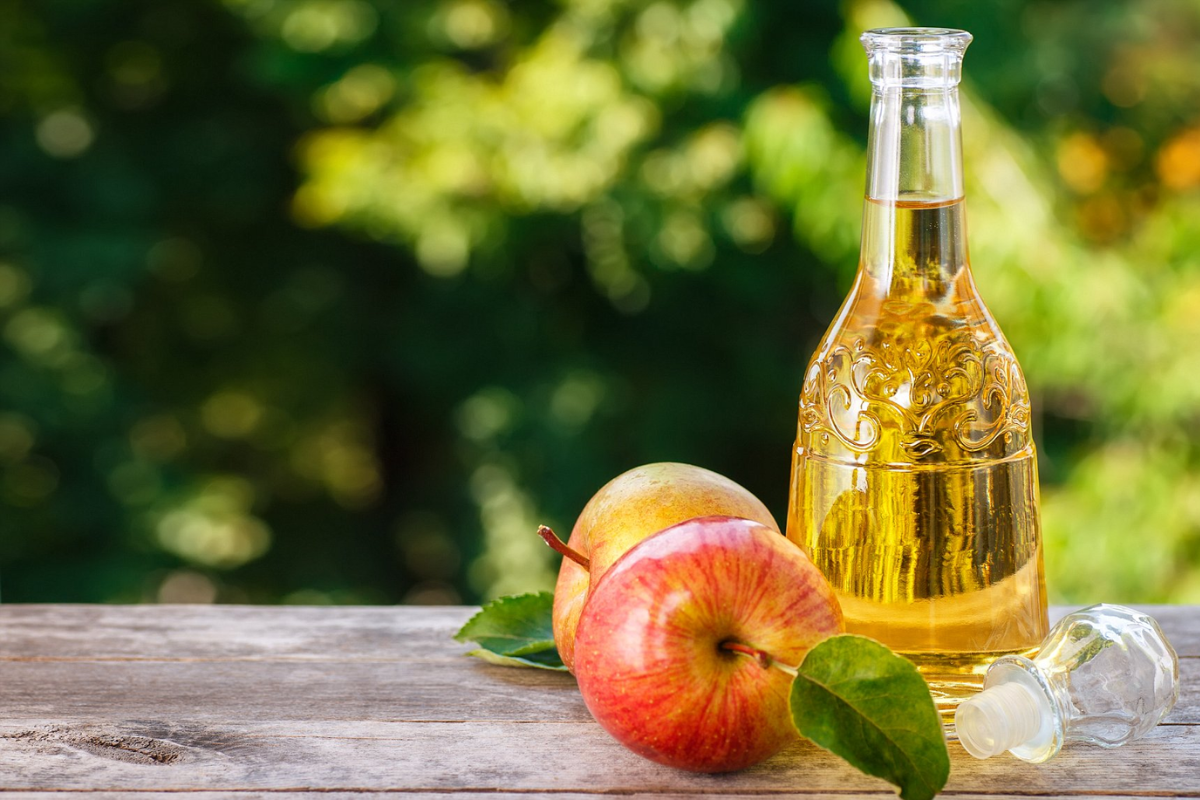
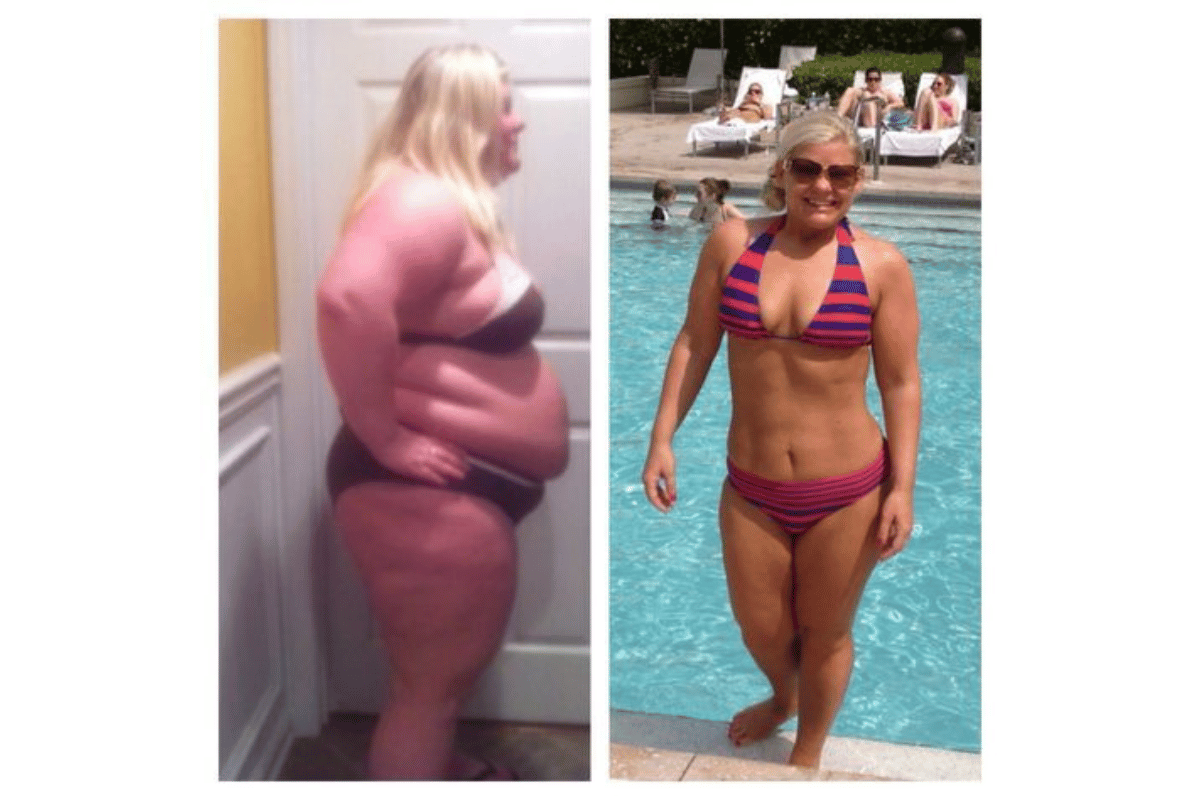


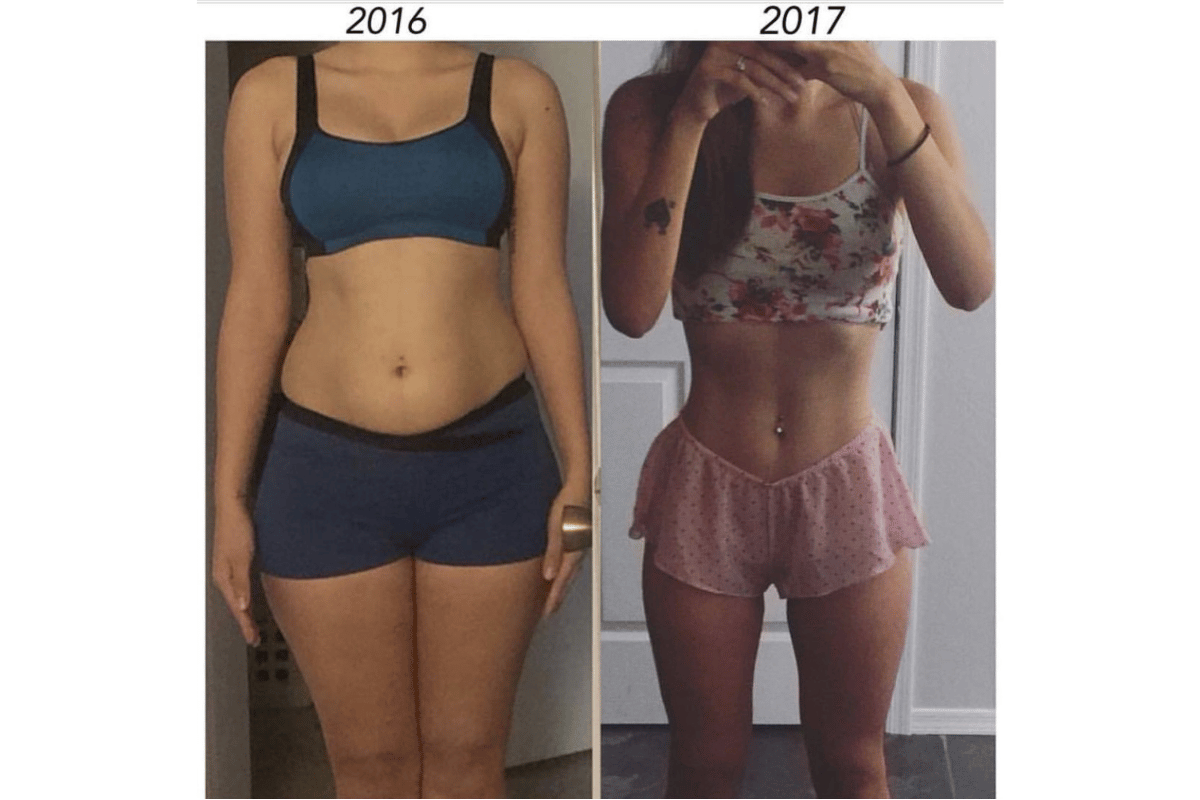
84db41.png)
